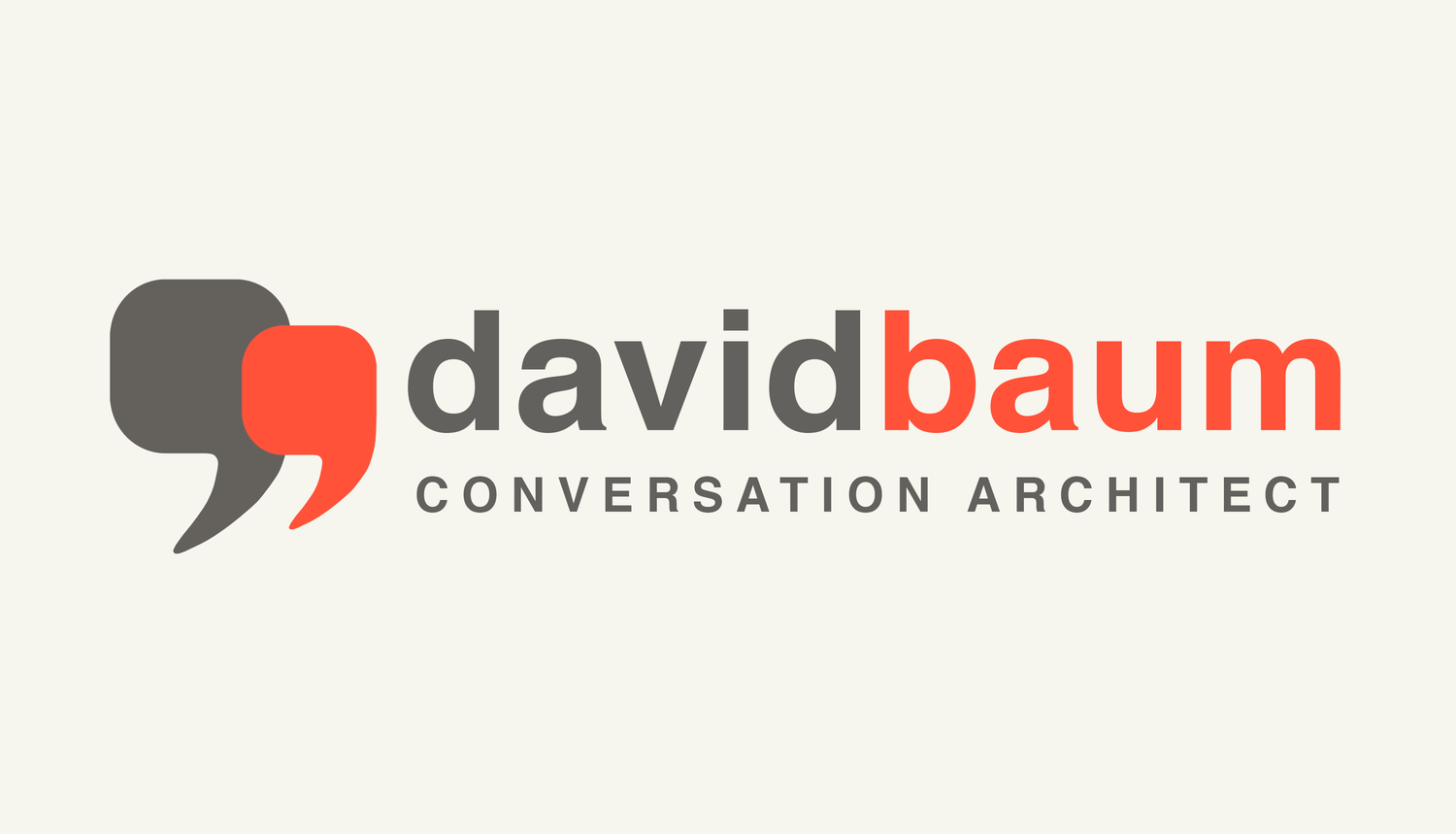When Projection Seduces
My wife is a community artist. Among other things she makes giant puppets. One of her creations is a likeness of President Obama. During the campaign, the Obama puppet was requested at a campaign rally sponsored by an old friend (that’s him in the photo).
After speeches from local New Hampshire luminaries, it was announced with much fanfare, “Let’s hear it for the next president of the United States…Barack Obama!” I then appeared from a side entrance to about 300 people wearing the giant Obama puppet (this is what husbands of community artists do in their free time).
Totally hidden under the frame, I was completely swarmed by mothers with their children, fathers with cameras and lots and lots of enthusiastic energy. The amount of adulation I received was stunning. People were lined up 30 deep to have a photo. The energy was palpable, and even though I was blind under 20 pounds of papier-mâché, the projected desire of so many people to get a little piece of "Obama", even if was only a painted puppet, was something I didn't remotely anticipate. Frankly, it was overwhelming.
Afterward all I could think was, “What kind of projection must the real Obama get?”
Rabbi John Moskowitz, senior rabbi at Toronto’s famous Holy Blossom synagogue said, “Projection is the biggest challenge that people in power face and most leaders don’t have the awareness to deal with it.”
I couldn’t agree more.
Many leaders either are unaware of the issue of projection, or don’t know how to handle it. They confuse their public persona with their private self, and as a consequence are ripe for seduction of the ego. Don’t think it’s a problem? A Google search of the phrase “political scandal” provided 840,000 hits. “Religious scandal” 8.5 million” hits and “Business scandal 2009” over 24 million hits.
Freud referred to projection as the unconscious act of a person's own attributes, thoughts, and emotions, being ascribed to another person or people. Projection is one of the most profound and subtle of human psychological processes, and extremely difficult to grasp, because by its nature, it is hidden. While much damage has been done in this world through negative projection, i.e. Nazism, Apartheid, genocide, for many leaders positive projection can also be extremely seductive and soul corrupting. After awhile it can be a challenge to resist the temptation to believe one’s own press. Thus, the more power or influence one has, the more critical vigilance becomes.
I’ve learned the following three strategies from a number of religious, political and business leaders. They are worth considering for anyone who has impact over others.
Organize your defenses without being defensive. Some of the best leaders I know are acutely aware of the need to set clear boundaries in public forums. Beyond their confidence and belief in mission, they know distance can occasionally be a good thing. That unless clear boundaries are set, energy, time and attention will sap them of their focus and clarity. They enter into public situations with a mindset of “I want to connect…but not too much” and prepare themselves by staying aware of the emotional needs of others no matter how well intentioned, and maintaining a healthy respect for the power of projection.
Have real friends. Friends who know you versus your reputation are a godsend, especially those relationships established before a rise of fame or position. The question one needs to ask is, “Who do I trust?” That means not only who will tell you the truth, but also with whom can you be completely vulnerable. Every confident leader I’ve known had a few select people they let into their private world. Someone to share a scotch, dance or go on vacations. These friends are the one’s who listen to complaints, provide personal advice, and can be brutally honest on long walks when balance is needed. At the heart of this friendship is the notion that it is reciprocal. That even if fame and power is held more by one than the other, the relationship "feels" equal because what is offered by the other is a gift that has no price. The gift of truth.
Develop an inner life. The stronger your core, the clearer you will be in those moments of potential ego seduction and thus able to separate what is real from what is the unconscious need of others. The theologian Meister Eckhart said, “The outer work will never be great if the inner work is small." Any practice that supports calm response versus emotional reactivity is a good thing. Meditation, long walks in nature, and time in prayer or gratitude, all help develop a strong and clear discernment process that let's in what is needed and dismisses that which is not.
Anthropologist Angeles Arrien advises that leaders make themselves a student to someone else at least once every season. To literally put themselves in the role of a learner, and not the expert or focus of others adulation and attention. It doesn't matter what, whether learning to snowboard, paint or do stand-up comedy. The important thing is to be humbled by the process and in so doing authenticate our common humanity. This, Arrien states, helps prevent over attachment to one’s role, and reduces what she calls, “the mischief of the ego”.
In the end, to know who one is, and who one is not, no matter what the Greek chorus may sing, is the most important safeguard. Bulgarian philosopher Omraam Mikhael Aivanhov said it well when he wrote, "If you see to it each day that your conduct is impeccable, the following day will be completely clear, and you will be free to carry out your plans, always vigilant that you leave no loose ends. In this way, each new day will find you free and well disposed."

